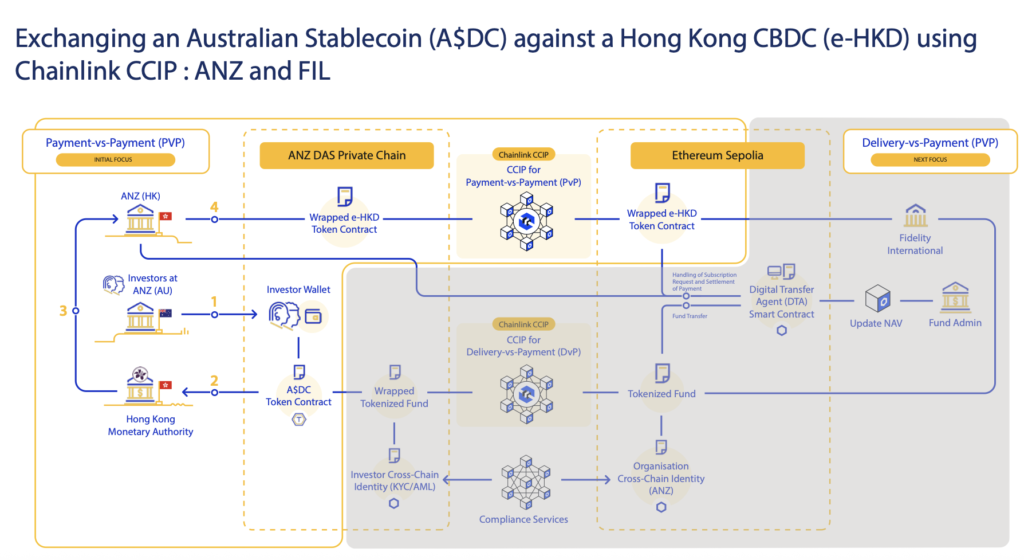
China’s top police body has set up its first official way to sell off crypto coins it grabs in criminal cases. The move leans on Hong Kong’s licensed trading platforms. It lets Beijing turn seized Bitcoin and Ethereum into yuan without loosening its own ban on crypto at home.
Hong Kong’s Crypto Exit
According to a report by Tech In Asia, China’s Public Security Bureau has teamed up with the China Beijing Equity Exchange to sort out these sales. Hong Kong’s regulated exchanges will handle the trades. Third-party agencies will carry out the deals, then hand over yuan to government accounts. It’s a neat fix for a problem that used to leave seized funds stuck in digital wallets with no clear exit plan.
Mainland’s Strict Ban
China still bans almost all crypto trading and mining on the mainland. The new sales plan doesn’t change that. It simply taps Hong Kong’s rules, which let licensed firms serve big investors and qualified retail clients. That way, Beijing can keep its hardline stance while quietly moving large coin piles.
Handling Big Coin Stashes
Law enforcement in China now holds about 194,000 Bitcoin and 833,000 Ethereum from past busts. Those numbers add up fast. Storing so many coins carries security and paperwork headaches. Reports disclose that selling them off in one go can also shake markets. By using regulated venues, authorities get clear records and cut down risks tied to long-term custody.
Total crypto market currently valued at $3.28 trillion on the daily chart: TradingView.com
Global Context For Seizures
Other countries are wrestling with the same dilemma. The US government sits on roughly 200,000 Bitcoin worth close to $16 billion from darknet and criminal probes. Based on reports, the UK has about 61,000 Bitcoin seized in fraud cases. China’s new framework could offer a template for anyone that bans or limits crypto but still needs to cash in coins.

China’s setup highlights how “One Country, Two Systems” can play out in finance. Mainland rules stay tight. But Hong Kong, with its own laws, becomes the path out. That split lets Beijing steer clear of domestic fights over lifting bans, yet still tap global markets when it suits them.
Officials say the plan wipes seized coins from circulation, rather than letting fresh trading spring up. They argue it fits existing anti-crypto rules. However, some market watchers say the flow of hundreds of thousands of coins could still ripple through the wider market, even on licensed exchanges.
This move also shines a light on Hong Kong’s growing role in the crypto world. The city has issued more than a dozen licenses to exchanges since rolling out its digital asset rules. Now it will be the go-to place not just for investors, but for law enforcement looking to convert big blocks of Bitcoin and Ether into cash.
Featured image from Hong Kong Tourism Board, chart from TradingView

Editorial Process for bitcoinist is centered on delivering thoroughly researched, accurate, and unbiased content. We uphold strict sourcing standards, and each page undergoes diligent review by our team of top technology experts and seasoned editors. This process ensures the integrity, relevance, and value of our content for our readers.








